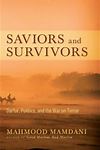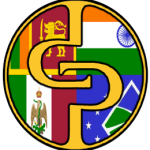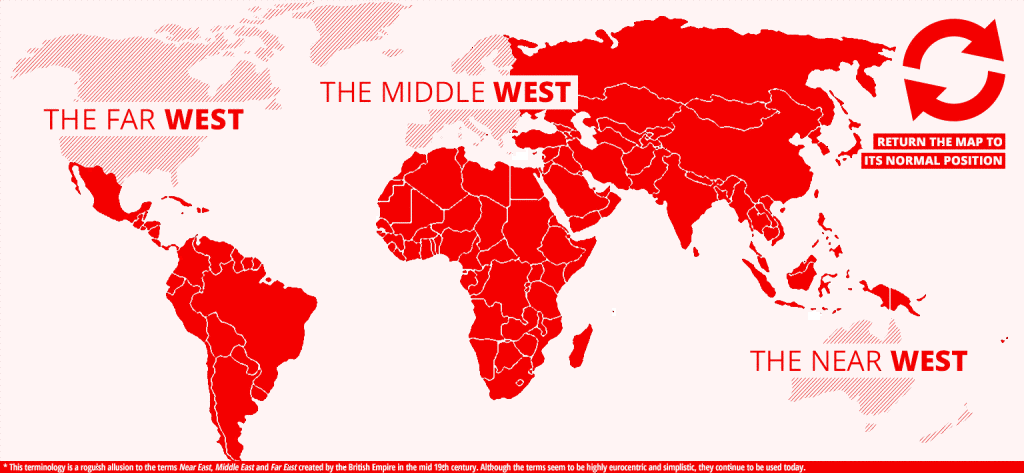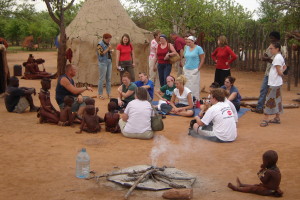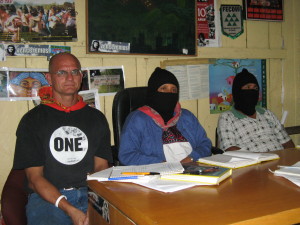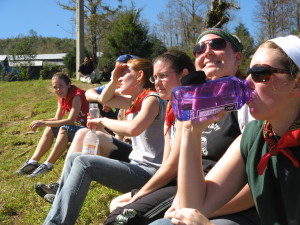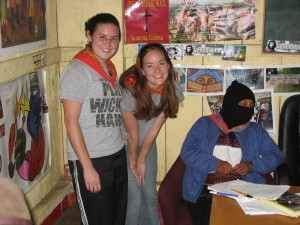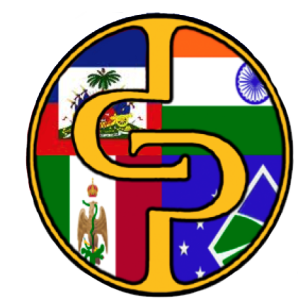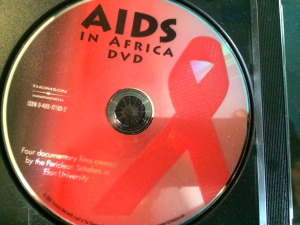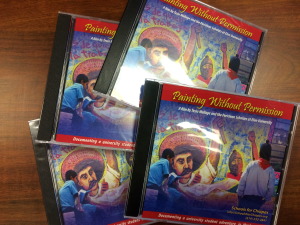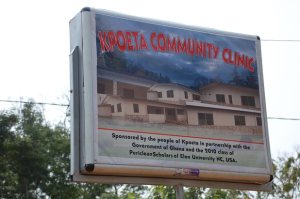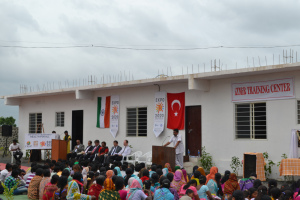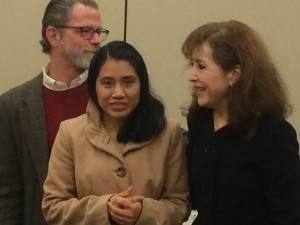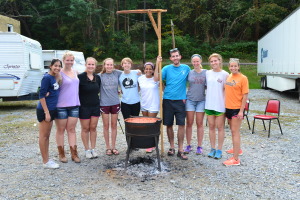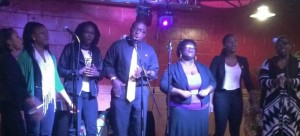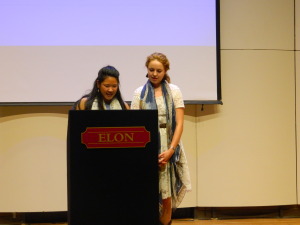A note from the director
All Pericleans,
Welcome back to the new school year!
I hope that you all had a good change of pace in the last couple months and that you are now ready to re-engage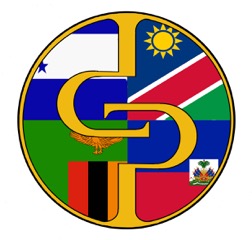 with your Class with a renewed sense of purpose, a sharp focus and an ever deepening level of devotion to the mission of your Class and to our Periclean ideals.
with your Class with a renewed sense of purpose, a sharp focus and an ever deepening level of devotion to the mission of your Class and to our Periclean ideals.
Please take the time to read through the following numbered points and mark your daily planner accordingly.
- Information As was announced last spring, Dr. Mat Gendle is now the Associate Director of Project Pericles at Elon and also the Mentor for the incoming Class of 2019 with a focus on Sri Lanka (also the country of focus from the Class of 2011). Mat already has begun making a very positive contribution to the program and I know you will all welcome him aboard and help him spread the word about Sri Lanka and his Class of 2019. As Mat begins his duties I want to take moment to thank Prof April Post, Class of 2016 Mentor, for her service as the previous Associate Director. April is an exemplary Mentor and was an equally effective and helpful Associate Director.
- Action Hosted by Dawson Nicholson and the 2016’s there will be a Pan-Periclean mixer in the Periclean room (202 Global Commons) Wednesday, August 26th from 4:00-5:30. Come and reconnect with members of your Class, Mentors and the Directors.
- Action We will begin our bi-monthly Steering Committee meetings on the first week of classes from 4:00-5:30 on Thursday, August 27th. We will meet in GC 202, the Periclean room. One task for your first Class meeting will be to elect/select Class representatives for SC. The Mentors are meeting on alternate weeks.
- Update/Action I am inviting all Pericleans to celebrate Mexican Independence Day 2015 -Wednesday, September 16- by helping organize a campus screening of the new teaching video entitled “Galeano Vive! Painting a Zapatista Teacher.” The Class of 2008 partnered with Schools for Chiapas and the EZLN and through the Periclean Foundation continue their support. More details to come, but save that evening.
- Information I want to come to a meeting of your Class as early in the semester as possible. Please work with your Mentor to determine a date soon.
- Information/Action Though each Class is still responsible for making their own syllabi, it has been agreed that there will be some common elements in all Periclean courses. As part of this initiative and to insure that our program functions according to the highest international humanitarian standards we will begin using the
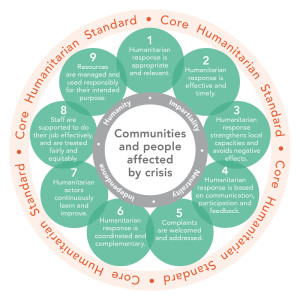 Core Humanitarian Standard on Quality and Accountability. Read here for more. Your Mentor will have more about your syllabus for this semester on the first day of class next week. Please send a final copy of your syllabus to me, Associate Director Mat Gendle and to Program Assistant Catherine Parsons by Friday, September 11th.
Core Humanitarian Standard on Quality and Accountability. Read here for more. Your Mentor will have more about your syllabus for this semester on the first day of class next week. Please send a final copy of your syllabus to me, Associate Director Mat Gendle and to Program Assistant Catherine Parsons by Friday, September 11th.
- Action Continuing a tradition started by the Class of 2011, I am again asking that each Class produce a video ‘elevator speech’ that describes their Class mission. These videos will be screened as part of the Celebrating Periclean Scholars event to be held in October (date, time and venue TBA). If your Class needs any technical assistant, please let me know.
- Action All Pericleans are invited to the Community Connections event on September 1st. This year Community Connections will focus on the issue of improving race relations, a topic relevant on campus, certainly, but as well in your countries of focus.
- Information A Periclean Scholars Summer Summit was held this past July. Here (Periclean Summer Summit) are the notes (taken by Kelsey Lane, ’17 –Thank you!)
- Action/Information The social media committees will be asking you to begin/continue supporting our Facebook, Twitter and Instagram accounts. Updates coming soon.
Please know that my door (GC 210) is always open to any Periclean. I look forward to meeting everyone in the newest Class of 2018 and reconnecting with all of the ‘17’s and ‘16’s as well.
Yours in service,
Tom Arcaro
Director
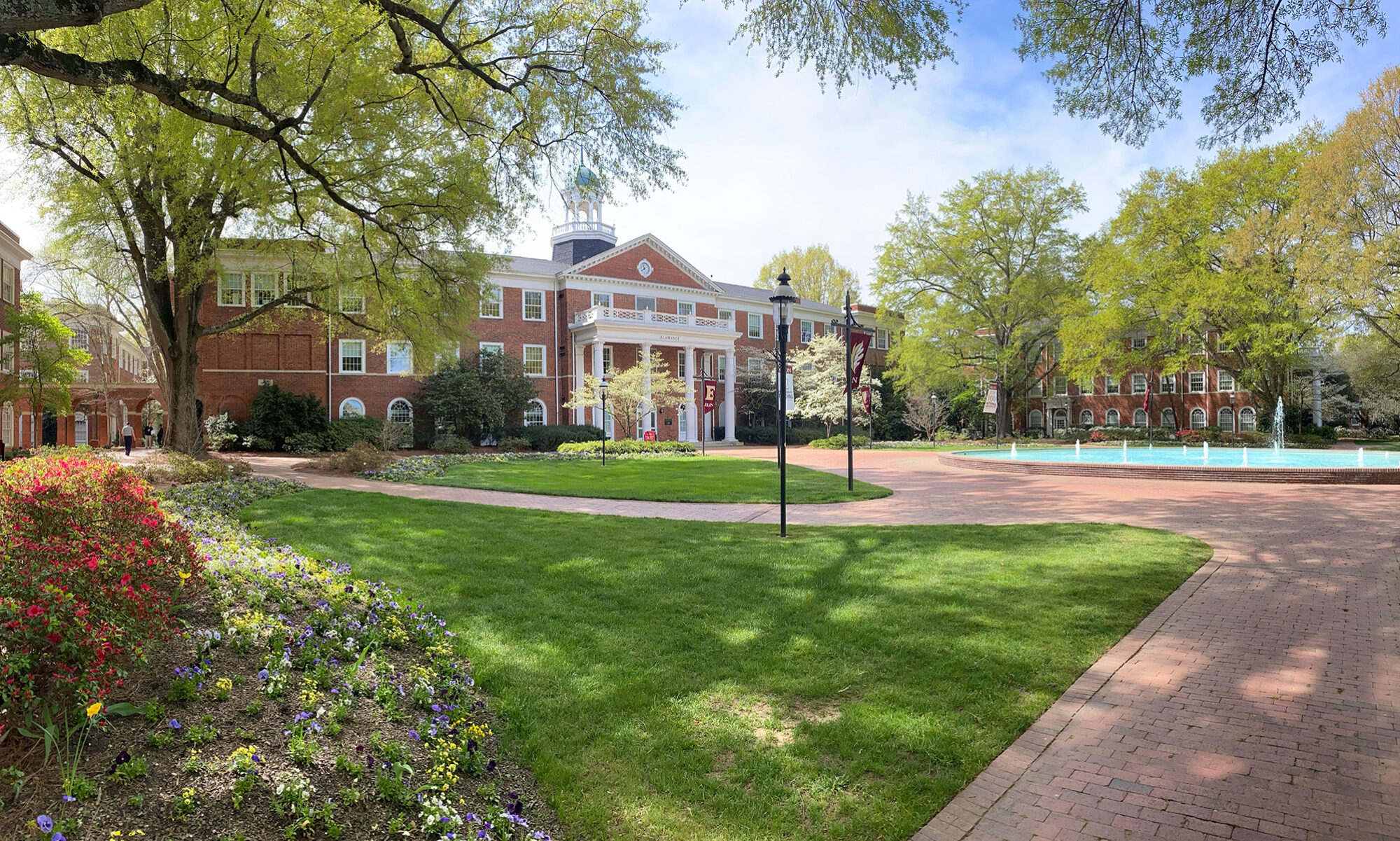

 Follow
Follow
